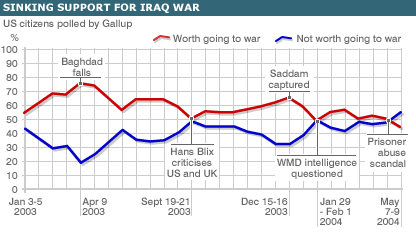Jyri posits:
What counts as a person? What might it mean to design not for preexisting, independent individuals with fixed boundaries but for partially known, locally enacted performances, out of which "individuals" may temporarily materialize as relational effects? How might a non-atomistic metaphysics be enacted in the mundane practices of design, amidst the very real pressures of for-profit mass production? How might one sustainably practice design, insisting that the division between people and machines and other nonhumans is not a stable, universal lawlike division, but a locally negotiated temporary cut? What would it mean to even ask such a thing? To risk it?
Much time have I spent pondering the concepts of "person" and "identity". Nodes in a network, faceted identities, etc, ad nauseam. The classic question always returning to me: "who am I?" While I am quite comfortable in my view of my self, I am particularly fascinated with how that interfaces with the outside world. "Who do you think I am?"
A current view of my "self" and my environment is more sub-atomic and multi-connected. A visualization of myself thus may render as a cluster of constantly evolving multi-surface shapes, each interfacing with my environment in different ways; each interface an individual and unique relationship.
What Jyri posits fits nicely into my view. How does one design for an audience of individuals who are nothing like the set definitions ("user/ consumer/voter/member/actor/author/hero/villain/agent/node/ sender/receiver/mover/shaker") that market analysis set them out to be?
On a constant basis I interact, not only with people, but with objects as well: computers, software applications, cellphone, chair, espresso maker, pepper grinder, shoes, jeans, magazines, cars, wine glasses, product packaging, etc. With each of these objects, I share a special relationship. The more attuned each object is to the surface of whichever particle of my identity it is interacting with, the tighter, more enjoyable, and possibly long-lasting, the relationship is.
This is not new; the best designers, artists as well, know this and work towards it. You must speak to that one little part of your audience that is most receptive to what you are putting forth. You must find that little part, and establish the relationship.
"It grows on you." Especially when you foist tons of fertilizer on it! Ahem.
The assembly-line of mass-production is currently tuned to crank out millions of copies of a design, once market desire is focused in balance with economic potentiality. The next step, customization per segment, is already evident, but constrained to a limited amount of choices: the color of your car, the faceplate of your mobile phone. Here again, the brushstrokes are wide. As industry's ability to micro-produce grows, we will see finer lines in it's works.
The market wants a mobile phone. "Done."
This segment wants exchangeable faceplates, that one requires productivity features. "Done, and done."
Boris wants a small device with a camera, handwriting recognition, PDA functionality, Always on Internet access, Personal Area Network access, oh and it has to be blue. "Um, we can't make that just for you, sorry."
Still today, market research consists of ascertaining what a group of people want. "What do you, as a group, want?"
Current customization, of hard goods anyways, is still constrained to "What do you, from these options, defined by what the group you seem to fit, want?"
Will industry reach a level of production capability where it can ask: "Boris, what do you want? We will make it for you."
Of course in the digital realm this is much easier. Pushing bits is easier than pushing atoms. Custom compilation music CDs can already be bought from wall-mounted kiosks.
Until industry can attain such a level of customized production, designers will remain constrained to designing for "you-as-part-of-this-group", as opposed to "this-one-specific-sensibility-that-this-individual-has".
But NO! Wait!
It is entirely true that groups of individuals share sensibilities and desires. And yes, industry has learnt to home in on those. Hello Apple people! The key point however is that these sensibilities are identified, verified and after making sure they are stable enough to warrant the investment of design, production, marketing and distribution, they are exploited. And THEN, it is made sure that these sensibilities are reinforced, woven in tighter into the fabric of the individual's identity... because hell we tooled up a multi-billion dollar mechanism to exploit it! We wanna milk this as much as we can!
And here I come back to how this relates to identity. Lifestyle marketing and design is all about meshing with individual's identities. And then taking them over. The current "consumer-backlash" comes from individuals who have the awareness to see that they, on the level of their own identities, are being manipulated in order to sustain industry.
Until industry does not need to disrespect my interfaces, it will continue to do so.
My answer to Jyri
What does it mean? It means a required level of respect, of relationship nurturing, one to one. I believe for-profit production is evolving, for it must, and could one day attain the level where it is sustainable to do micro customization. The ramifications are staggering, especially if it happens too quickly. Think of the socio-economic impacts... political as well. We are seeing it already.
Perhaps we are seeing the designer slowly morphing back into the artist, who must whisper to the deepest corners of who we are.
And we must whisper back... This is what will be different from here on.

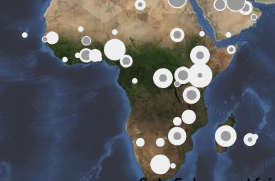








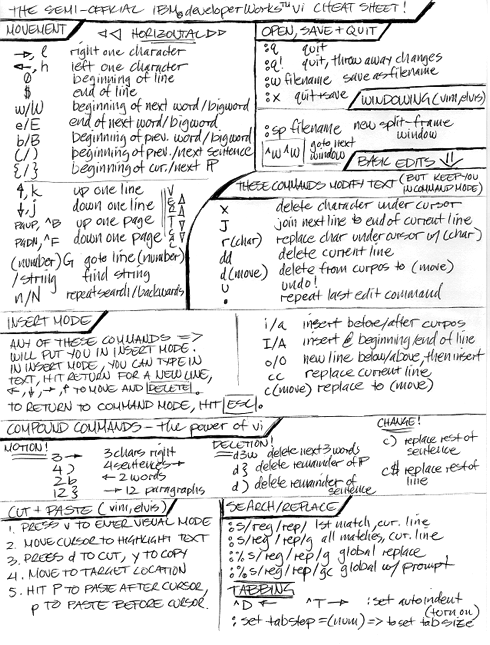
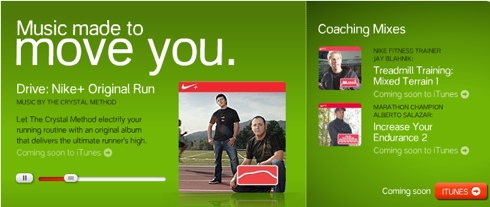
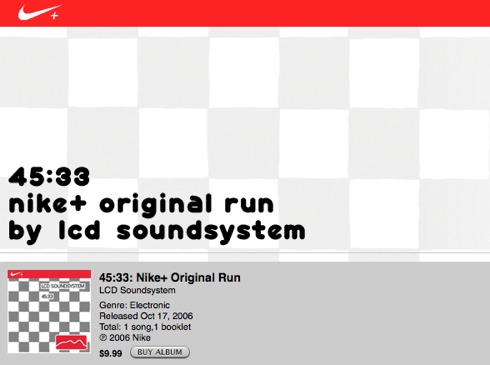



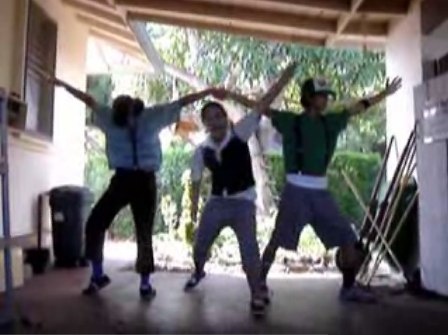


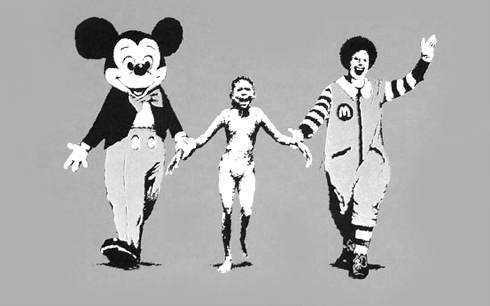
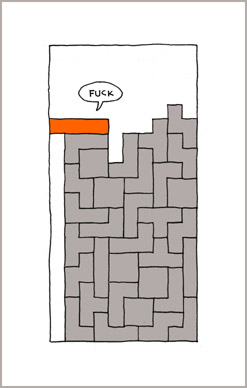



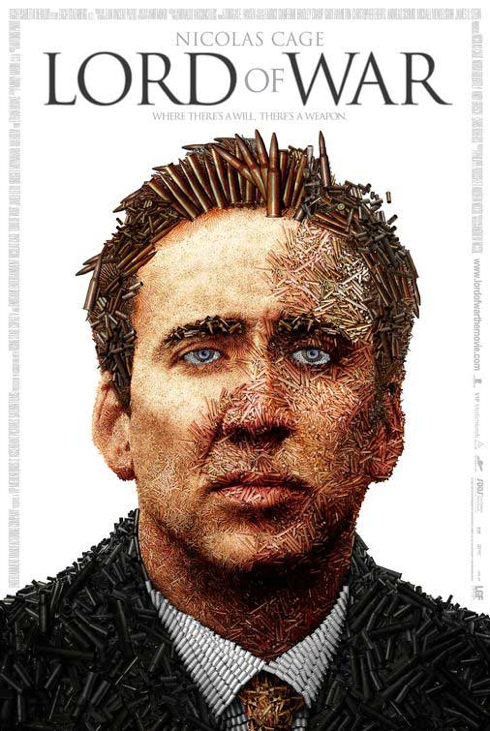

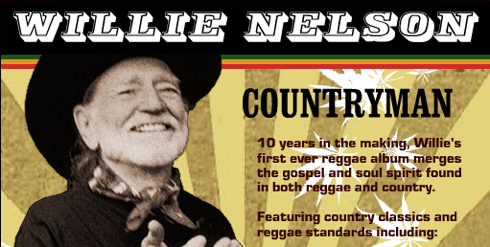
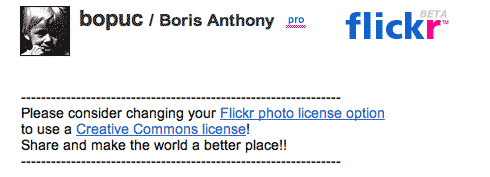



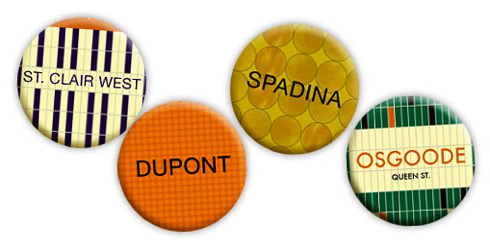
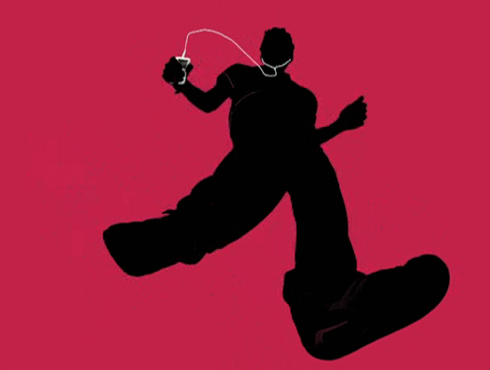
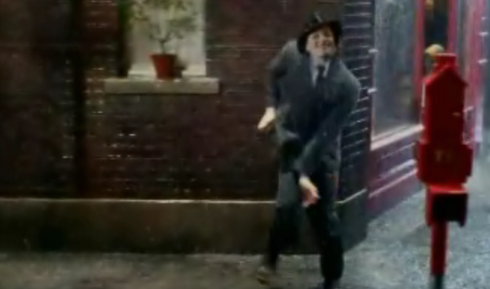

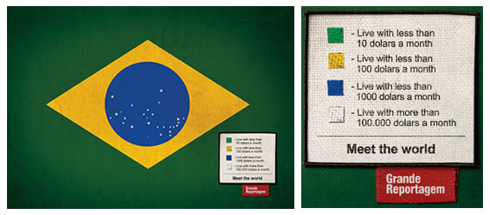
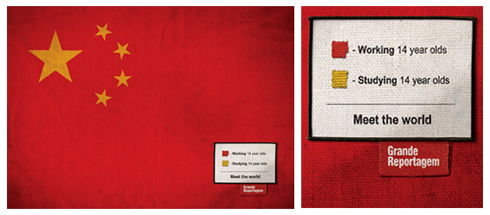


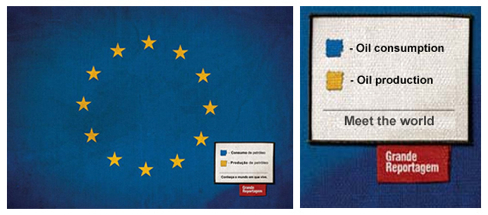











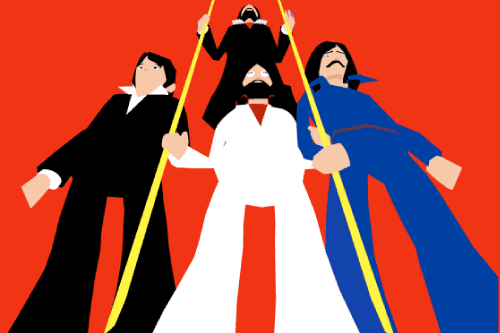
 The retro sneaker craze is getting to me. For some reason, I love it.
The retro sneaker craze is getting to me. For some reason, I love it.